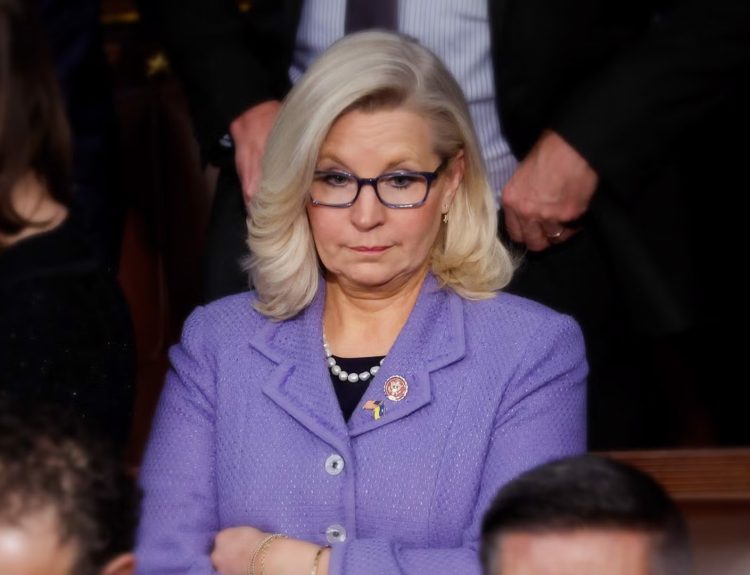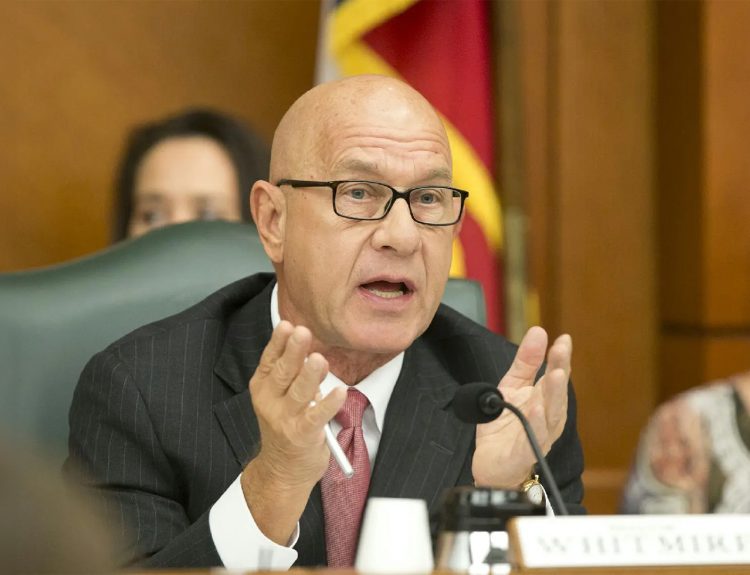Election reform has been a hot topic ever since the 2020 election. Despite the fact that every metric that can be measured says that the 2020 election was one of the most secure in recent history, there is still concern from many Americans over election integrity. Various investigations have looked into the election, and there have been many rules proposed to address the alleged concerns.
Swing States Under Fire For Election Security
Swing states in particular have suffered from this election uncertainty. The uncertainty has been pushed, of course, by Donald Trump and his supporters, who have been advocating for the Big Lie ever since months before the election of 2020.

The Big Lie is the notion that Donald Trump was the true winner of the 2020 election. He began pushing this narrative months before the election even took place, riling up his supporters by telling them that he was, of course, going to win the election, and that if he didn’t win, it had to be because the Democrats rigged the election in Joe Biden’s favor.
A Narrative that Took Hold
While there wasn’t any evidence to support this lie, not then and not now, it was a powerful narrative that took hold in the GOP base. Fears of election integrity became strong, especially as many states changed their election rules due to the COVID-19 pandemic.
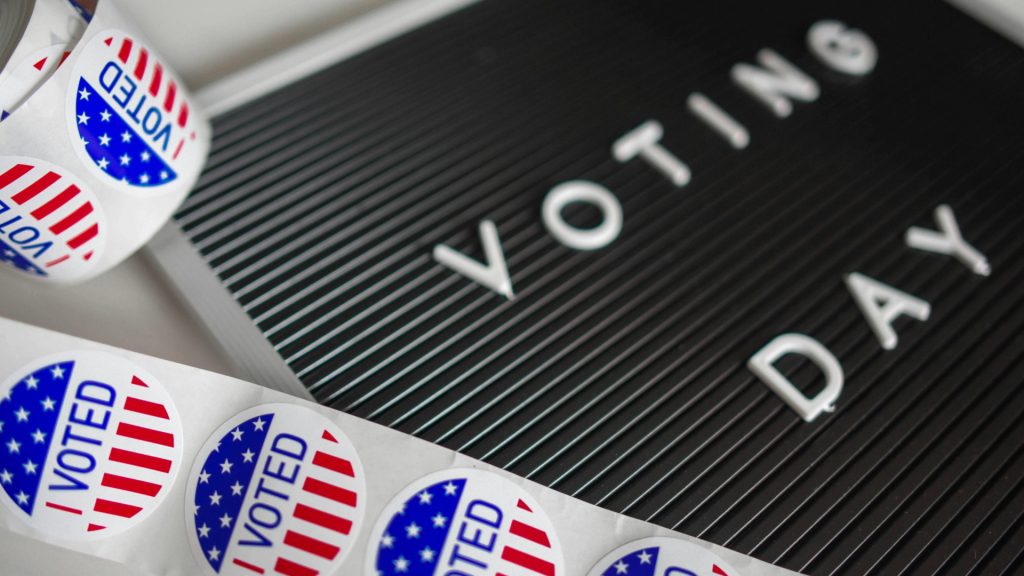
These changes were to make it safer for many people to exercise their constitutional right to vote, while simultaneously avoiding the risk of getting COVID. Some of the rules that were changes included expanding mail-in voting access, extending early vote periods, and allowing for relatives to drop off multiple ballots for the entire household, rather than requiring each individual person to drop off their ballot to boxes in person.
Trump Allies on a Rampage
While all of these changes were well in line with guidelines set by legislation such as the Voting Rights Act, it didn’t stop Trump and his allies from sowing fear around election integrity. The party line was that expanded ballot access was bad because it would allow more people to vote in ways that were allegedly unscrupulous.

This line of reasoning is, of course, nonsense. Expanded ballot access is an act that allows more Americans to exercise their constitutional right to vote. More ballot boxes and expanded early voting access gives more people the opportunity to weigh in on who will be the leader of their local jurisdiction, their state, and their country.
Trump Continuing to Push the Big Lie
Trump has continued to push the Big Lie in the months and years since election night in 2020, and he started questioning the results of the vote immediately. Multiple lawsuits were filed in various jurisdictions – all swing states that Trump lost, funnily enough – alleging various types of election fraud.

In Pennsylvania, for instance, lawsuits were filed challenging the integrity of the vote in various Democratically-led counties. The Trump campaign asked for the certification of the results to be prohibited in these counties, in an attempt to invalidate enough votes that Trump would be declared the defacto winner of the Pennsylvania presidential pick.
Trump’s Famous Call in Georgia
In Georgia, too, Trump’s influence could be felt. Not only were lawsuits filed alleging that various election workers were working on the part of the Democratic party to throw away Trump votes or stuff the ballot boxes with votes for Joe Biden, but Trump himself got involved with electoral leadership.

Trump famously called the Georgia Secretary of State, Brad Raffensperger, telling him that Trump had, of course, won the election and Georgia, and that it was Raffensperger’s obligation to prove it. He asked Raffensperger to, “Find 11,780 votes” and overturn Biden’s win in the typically red state of Georgia.
The Results of the Lawsuits
Raffensperger refused to acquiesce to Trump’s demands, which infuriated the former president, of course. And likewise, all of the other attempts to find election fraud or question the integrity of the 2020 election fell flat, with none of them yielding the results that Trump wanted.

63 lawsuits were ultimately filed in various jurisdictions alleging election fraud, and all of them were ultimately dismissed or ruled on against Trump. Multiple election officials have come out in the years since the election stating that thorough investigations revealed significant security regarding the election, but that hasn’t changed the public opinion surrounding the Big Lie.
Attempts to Change Election Law
Laws have been attempted to be passed in the years since that would make it easier for a state legislature to control the outcome of an election, or throw it out altogether. Georgia’s state legislature, for instance, has passed laws that border on violating the Voters Rights Act since the 2020 election, despite the fact that Raffensberger has maintained the integrity of the election in the months and years since.
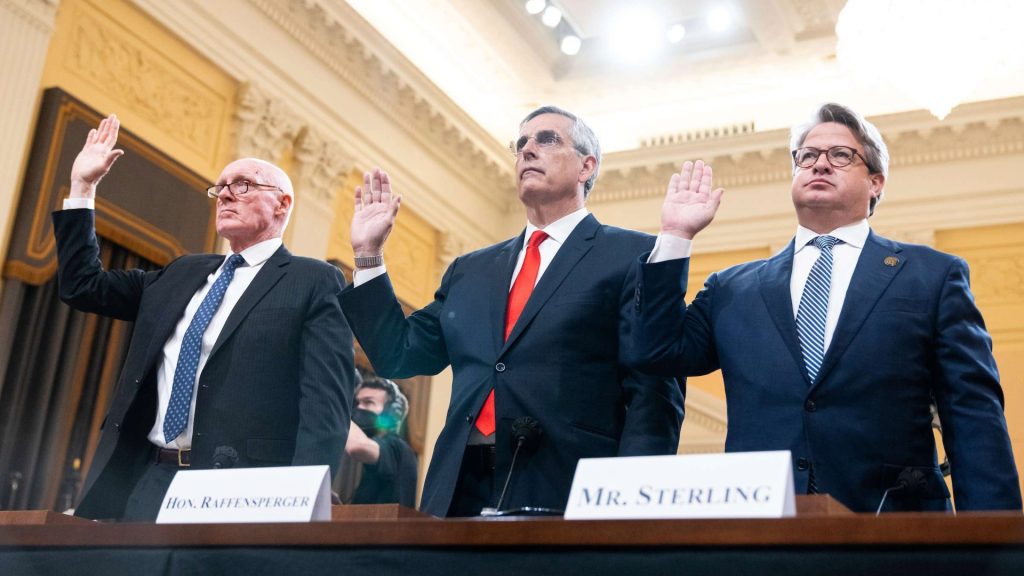
These bills that have been passed in the name of “election integrity” have been heavily criticized by many people. Democrats have pointed out the hypocrisy of Republicans claiming election fraud in elections that they themselves won, and have worked aggressively to combat the restriction of voting rights in jurisdictions across the country.
A North Carolina Power Grab
One such attempt in North Carolina has been recently blocked. The North Carolina GOP-led legislature recently tried to unlawfully seize the governor’s power to choose election board members. North Carolina is a battleground state, one of the more influential ones in elections, and the blatant power grab was both obvious and abhorrent.

The bill was passed in 2023, but was vetoed by Democratic Governor Roy Cooper. Cooper then filed a lawsuit on behalf of the bill after the GOP legislature worked to override his veto in October. The bill would have shifted the board appointment powers directly to the legislature, and was set to take effect in January.
The Bill Blocked Ahead of Hearings
Late in November, however, a panel set to oversee the lawsuit regarding the bill temporarily blocked the new structure for the State Board of Elections from taking effect. The panel heard the case against the new structure in February of this year, and recently released their decision.
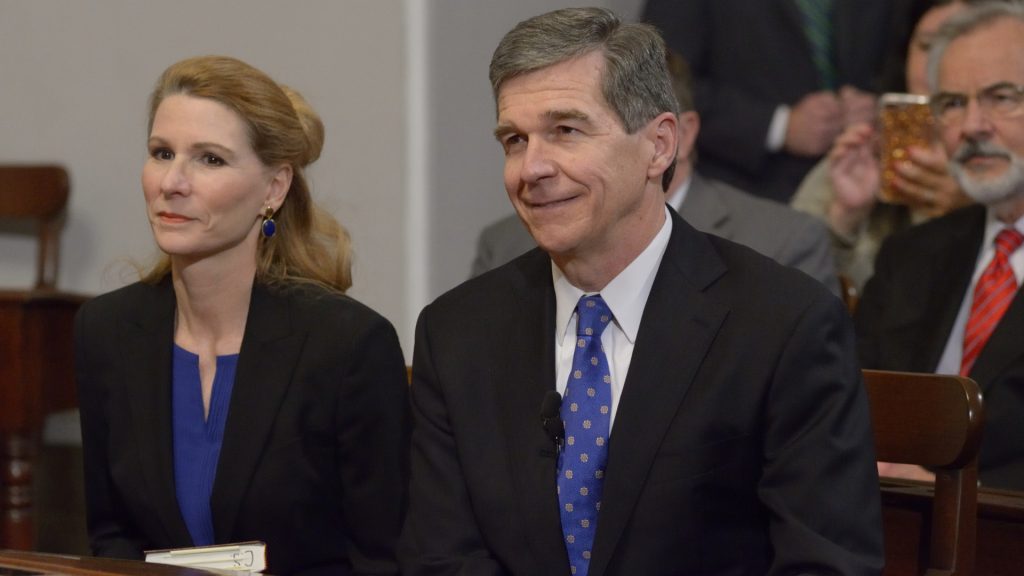
Cooper was found triumphant over the bill, and the GOP legislature of his state. The judges agreed with Cooper’s lawyers that, based on recent court rulings and the state constitution, that the new appointments process interfered with a governor’s ability to ensure elections and voting laws are “faithfully executed.”
The Law Infringes on Cooper’s Duties
The decision continued, stating that it was clear that the law “infringes upon the Governor’s constitutional duties” and actions by the GOp legislative leaders “are the most stark and blatant removal of appointment power from the governor.”

The court referred to state Supreme Court decisions from 2016 and 2018 as examples of other power grabs that the GOP had successfully executed in the state. These decisions favored the state’s chief executive, overturning laws that would have otherwise removed power from both the Governor and the people of North Carolina.
The Former Law Remains
The judge’s decision means that the former law’s setup will remain in place, unless the decision is overturned on appeal from the GOP. Republicans have recently won significant high-stakes rulings at the state Supreme Court level, ever since flipping the court from a Democratic majority in early 2023.
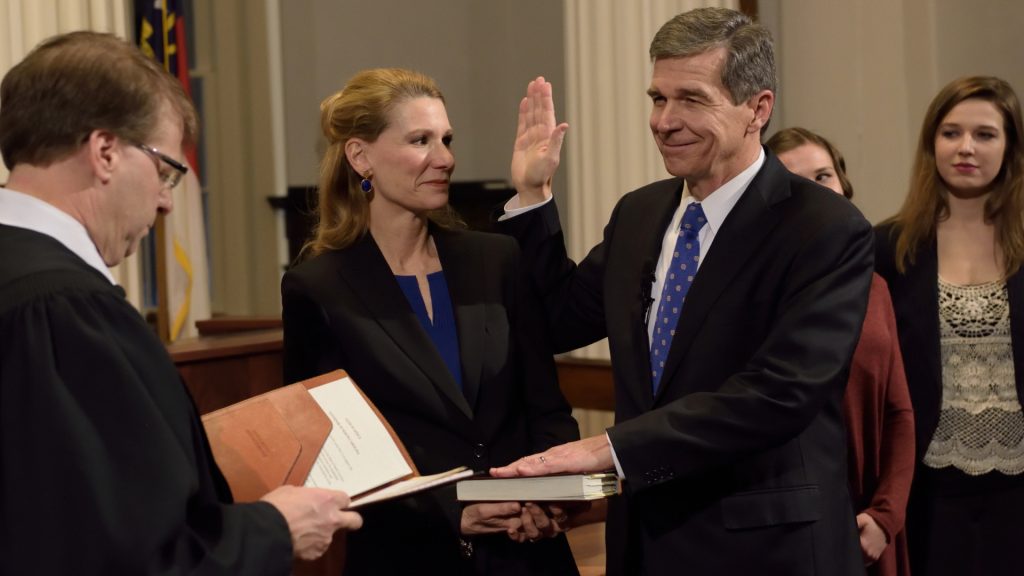
This makes it almost certain that Republicans will appeal, and very likely win. This is unfortunately the final result of multiple years of attempts to change the composition of the state board, which they’ve said would promote bipartisan consensus in elections and voting decisions.
A Clear GOP Power Grab
In response to both the bill and the ruling, Cooper commented that the changes were a clear power grab for the GOP entering a presidential election year. Cooper is term-limited from running for the governor’s seat again this year, meaning that the Democratic seat of North Carolina is up for a GOP power grab.

Changing the composition of the state board would allow for changes to voting site locations, which ballots are counted, and how challenges of results are affected. All of these factors could significantly affect close races for governor, Congress, and the legislature, and especially the present.
Waiting for the GOP’s Rebuttal
The ball is in the GOP’s court in the wake of this decision, though it’s clear, given past actions, that they will appeal the ruling. Once the decision is in the state Supreme Court’s hands, Democrats in North Carolina will have a better idea what moves they need to make in order to preserve voting rights in the state.
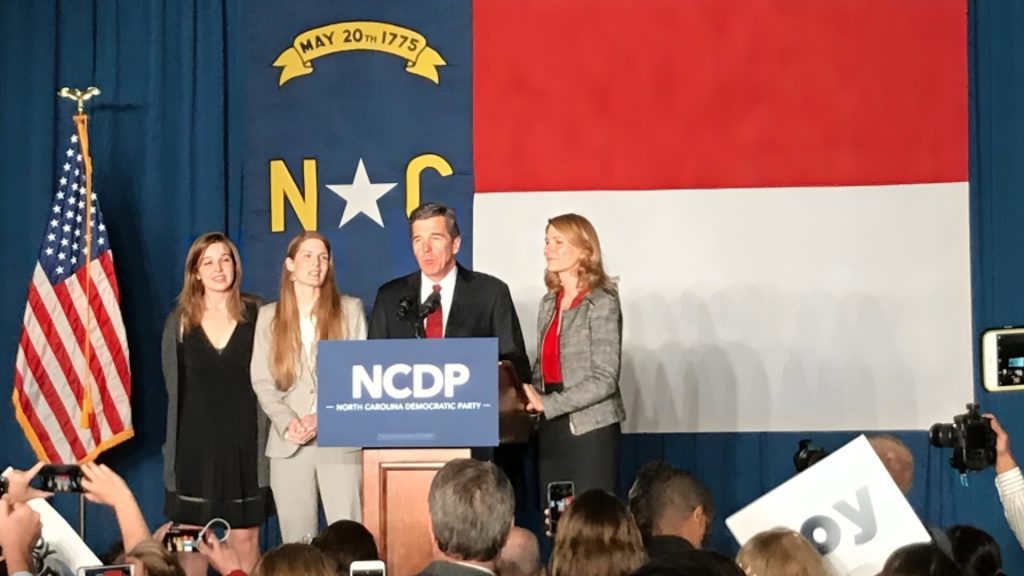
The ongoing battle over so-called “election integrity” and voting rights will likely continue until election day this year. There are many who fear that the GOP will continue to take voting rights away, should they maintain power this year, and the only solution to avert that potentially terrifying reality is to make it to the ballot box this November.




